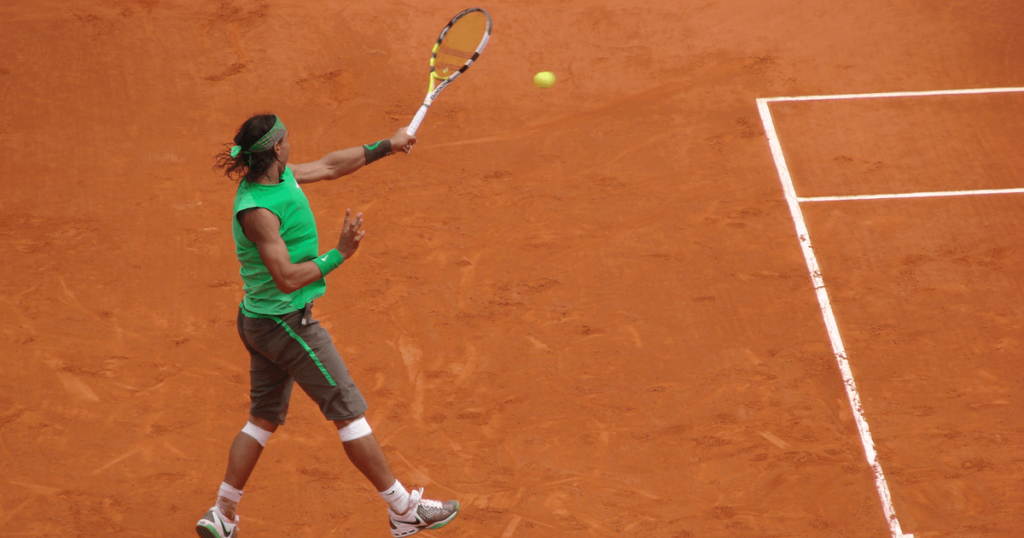
In his 2006 essay “Roger Federer as Religious Experience,” the late, usually brilliant David Foster Wallace made a statement that has always enraged me. “For reasons that are not well understood,” he wrote, “war’s codes are safer for most of us than love’s. You too may find them so, in which case Spain’s mesomorphic and totally martial Rafael Nadal is the man’s man for you—he of the unsleeved biceps and Kabuki self-exhortations.” Wallace went on to position Federer as human excellence personified and to dismiss Nadal as something potent but infinitely lesser. It is true that Wallace died in September 2008—albeit, several weeks after Nadal dropped Federer in the longest-ever Wimbledon final, widely regarded as the greatest match in tennis history—but his assessment of the Spaniard was terribly unjust even two years prior.
Since 2005, when Nadal won the French Open as a teenager on his first attempt, I have always loved not Federer but the courageous, self-effacing Rafa (Google “Nadal comforting Federer”). The larger insinuation that his game is somehow aesthetically lacking in comparison to his archrival’s is patently preposterous. Nadal’s left-handed, topspin forehand is one of the most gorgeous movements in modern sports, as perfect, unstoppable, and inimical a motion as Kareem Abdul-Jabar’s skyhook or a stepover by Cristiano Ronaldo. Nadal’s victory at the U.S. Open last weekend, at the age of 31—his 16th grand slam singles title and a return to the world number one ranking—puts him back on track to achieve what I have always believed would be his destiny: to go down in history as the greatest tennis player ever.
No one can deny that the 36-year-old Federer has made the task admirably harder, boosting his own count to a record-breaking 19 singles titles, and that the lack of competition from Novak Djokovic and Andy Murray has been an anomaly. This column is seldom in the business of predictions, but if Nadal can stay healthy and play another five years, I’m just going to say it: he can get to 19 just at Roland Garros alone. With a nine-to-three career head-to-head record in finals matches, I don’t see how anyone would then be able to make the case that Federer remains his better. What’s not to love about that?

